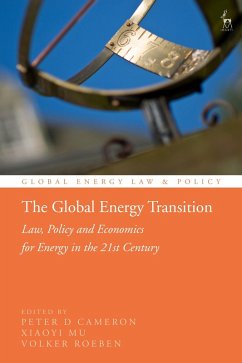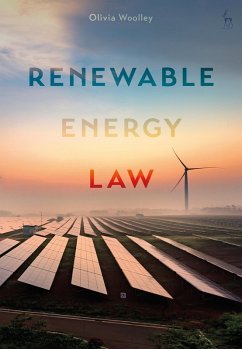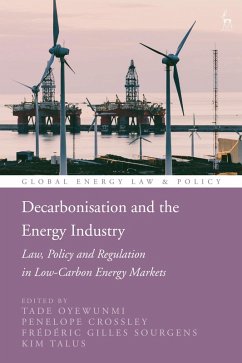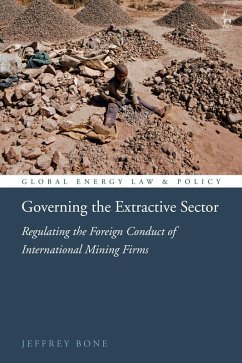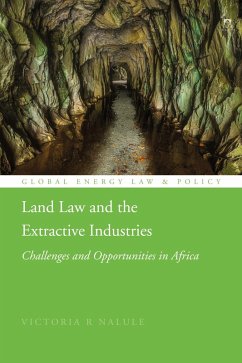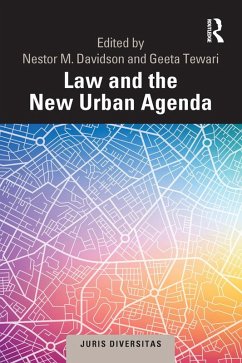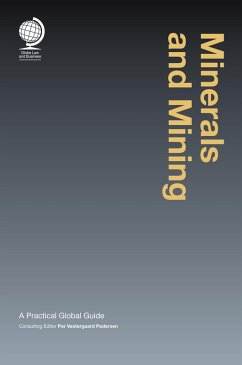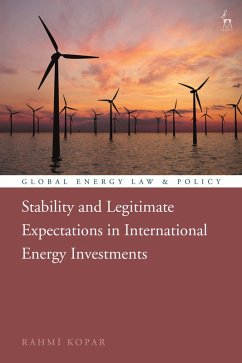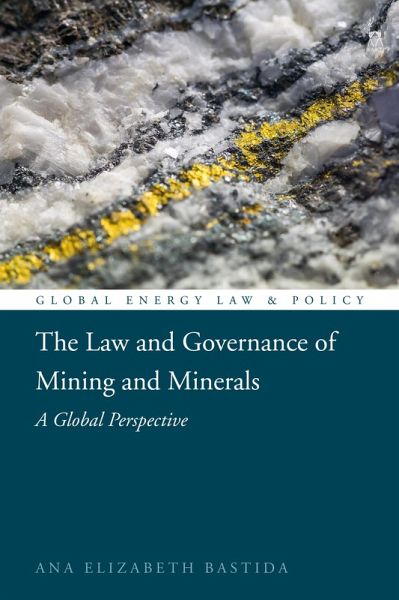
The Law and Governance of Mining and Minerals (eBook, ePUB)
A Global Perspective
Versandkostenfrei!
Sofort per Download lieferbar
30,95 €
inkl. MwSt.
Weitere Ausgaben:

PAYBACK Punkte
15 °P sammeln!
This book explores a disciplinary matrix for the study of the law and governance concerning mining and minerals from a global perspective. The book considers the key challenges of achieving the goals of Agenda 2030 and the transition to low-carbon circular economies. The perspective encompasses the multi-faceted and highly complex interaction of multiple fields of international law and policy, soft law and standards, domestic laws and regulations as well as local levels of ordering of social relations. What emerges is a largely neglected, unsystematised and under-theorised field of study which...
This book explores a disciplinary matrix for the study of the law and governance concerning mining and minerals from a global perspective. The book considers the key challenges of achieving the goals of Agenda 2030 and the transition to low-carbon circular economies. The perspective encompasses the multi-faceted and highly complex interaction of multiple fields of international law and policy, soft law and standards, domestic laws and regulations as well as local levels of ordering of social relations. What emerges is a largely neglected, unsystematised and under-theorised field of study which lies at the intersection of the global economy, environmental sustainability, human rights and social equity. But it also underlies the many loopholes to address at all levels, most notably at the local level - land and land holders, artisanal miners, ecosystems, local economies, local linkages and development. The book calls for a truly cosmopolitan academic discipline to be built and identifies challenges to do so. It also sets a research agenda for further studies in this fast-changing field.




